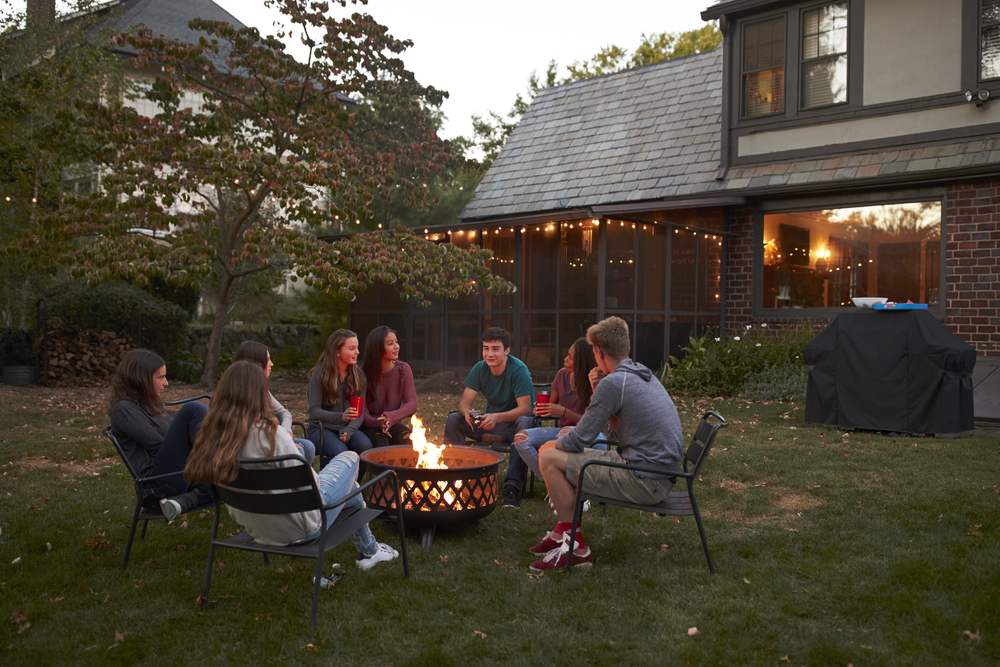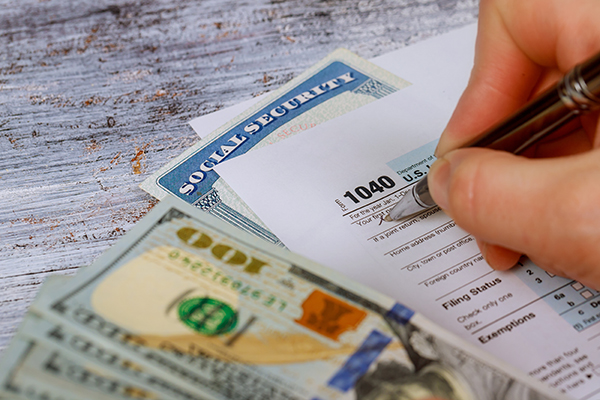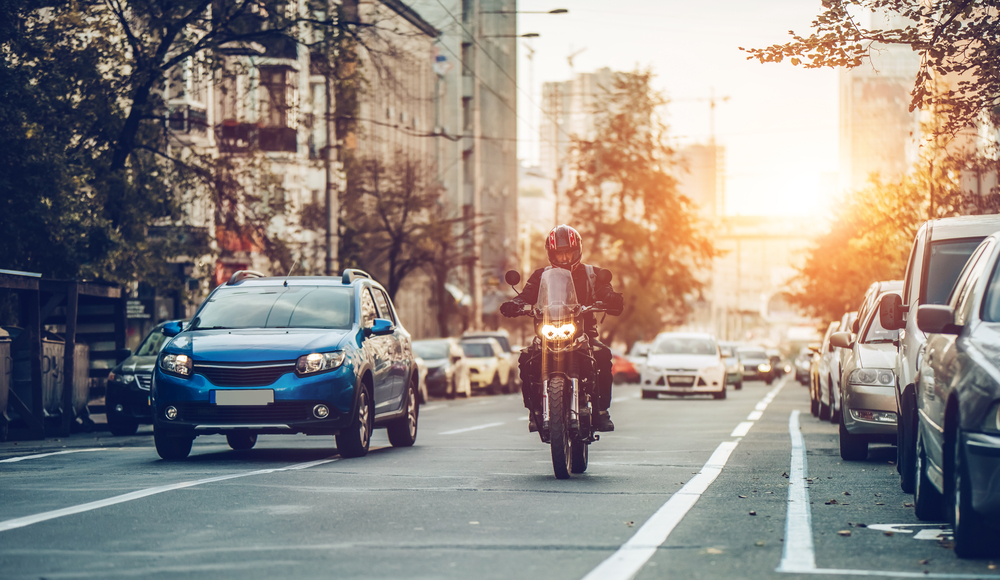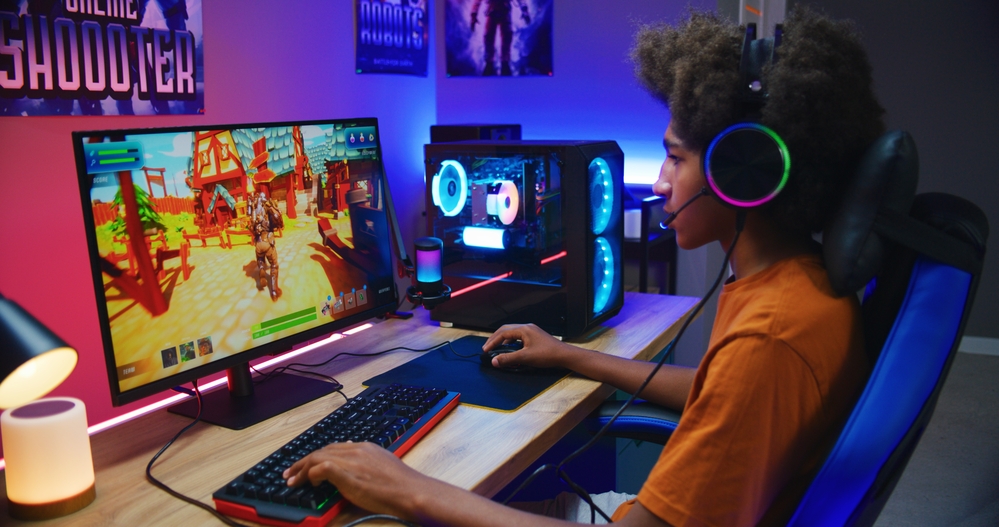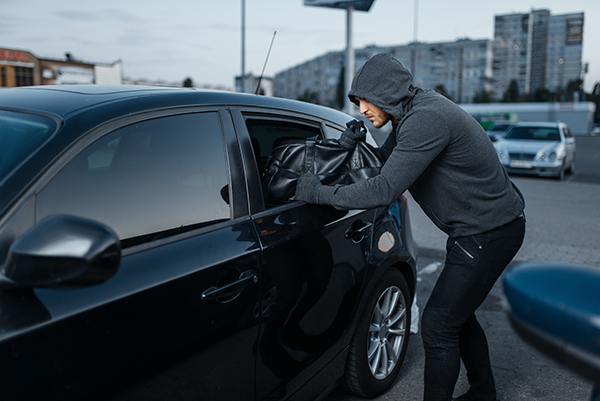
Auto Theft Awareness
Automobile theft is a problem all around the country. Unfortunately, many people don’t give it a second thought. In many cases, stolen vehicles are left with the keys in the ignition and the car left unlocked. It should also be noted that most auto thefts happen at night. Good anti-theft devices slow down car thieves and increase their risk of discovery.
To help lessen your chances of becoming a victim of motor vehicle theft, the Brockton Police Department would like to offer the following advice from Auto-Theft.info.
-
Always remove the keys from your car, lock all doors and shut windows tightly every time you leave your car. Do not leave valuables in plain view.
-
Park in well-lighted and high visibility areas.
-
Never hide a spare key to your vehicle on or inside the vehicle.
-
Do not leave titles or bills of sale in your vehicle; the title can be altered easily and/or your signature can be forged.
-
Have the vehicle identification number etched on window glass trim as well as other parts of the car; T-tops, radios, etc.
-
When parking in attended lots or parking garages, leave only the ignition key (or valet key) with the attendant.
-
Always lock your garage door.
-
When purchasing a vehicle, check the manufacturer’s list on anti-theft options, such as interior hood and trunk releases, locking steering columns, locking gas caps, and alarm systems. You may want to consider installing a disabler switch or “kill switch” which will prevent a thief from starting the car or a fuel switch that stops the fuel supply.
-
Anti-Theft Bars or Steering Wheel Locking Devices prevent the steering wheel from being turned. They are highly visible and may act as a deterrent from theft.
Here are some tips to help you protect yourself when buying and selling a car:
-
Beware of fast pressure sells.
-
Be cautious of the low priced bargain car.
-
Check the Vehicle Identification Number (VIN) to see if it has been altered.
-
Be suspicious of fresh paint on the car.
-
Verify that the inspection sticker and the license tag are current and from the same state.
-
Do not accept duplicate car keys.
-
Complete all paper work at the time of sale.
-
If you are selling a car, never allow a person to test drive the vehicle alone.
-
Ask to see an interested buyer’s driver’s license, and write down the name, address, driver’s license number, etc.
-
Make certain the driver’s door contains a federal motor vehicle safety standard label. This label is often called a Mylar sticker and it contains the vehicle identification number. Presence of the label is required by law.
If your car is stolen, call the police. Vehicle theft should be reported as soon as possible. It is important to note that before the vehicle can be listed as stolen, you must have your vehicle’s license number and/or the vehicle identification number (VIN). The officer will take the information over the telephone. By making a report over the phone, the needed information about your vehicle can be entered directly into the department’s computer system and broadcast to surrounding communities. This enables officers to immediately identify your vehicle as being stolen. Stolen vehicles are sometimes used in the commission of other crimes. Quick action often results in the recovery of your vehicle as well as the prevention of another crime.
Remember, simple daily precautions are an important first step in reducing your chances of becoming the victim of auto theft.
Anyone with questions for the Chief’s Column may submit them by mail to the Brockton Police Department, 7 Commercial St Brockton ,Ma 02302. You may also email your questions or comments to chief@Brocktonpolice.com. Please include an appropriate subject line, as I do not open suspicious email for obvious reasons.
Brenda I. Pérez
Chief of Police



